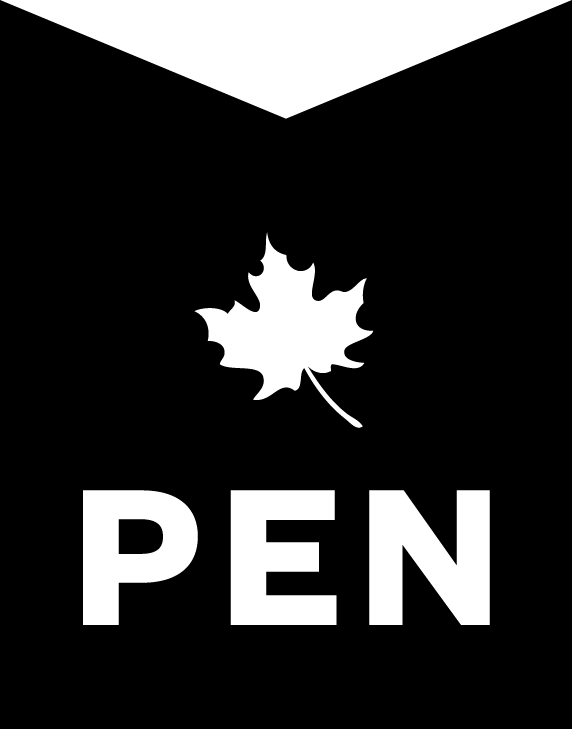Advocacy & Aid
PEN Canada asked the Iranian-Canadian writer Maria Saba about politics, freedom of expression and the challenges faced by Iranian writers and journalists in diaspora communities.
PEN Canada: Iranian lawyers, writers, and activists such as Narges Mohammadi, Mahvash Sabet and Nasrin Sotoudeh, have resisted draconian restrictions of freedom of expression with extraordinary courage. Can you foresee a time when they will no longer be arrested and imprisoned for peaceful dissent?
Maria Saba: We all live in hope that one day freedom of expression will be guaranteed and protected for everyone. Our collective voices and efforts aim at bringing a day when no one in Iran, or anywhere in this world, will be persecuted, arrested, or imprisoned for peaceful dissent.
Iran is about to hold presidential elections. All six candidates, including five conservatives, have been highly critical of the current political and economic situation. Does this bode well for political reform, or are the attitudes and institutions targeted by the Woman, Life, Freedom activists too deeply embedded within the regime?
The candidates, as architects and representatives of the Islamic Republic, share the responsibility for the political and economic situation in Iran. As an example, one of the candidates, Mustafa Poormohammadi was on one of the committees in charge of issuing death sentences in 1988, resulting in mass executions of thousands of political prisoners. The attitudes and institutions that people rose against are inherent parts of the religious dictatorship these candidates are part of and leave no room for reform. The empty criticisms are a matter of convenience, a vehicle to attract votes.
What do you wish Canadians knew about your experience?
That my experience is multi-faceted: I grew up in the land of poetry and fairy tales but also in an environment of ever present political oppression. Every time someone says, “In these turbulent times,” I think, are there any other times? For over a century, Iran has been struggling for freedom and independence, and yet I can’t think of a situation where Iranians haven’t made a joke about. They love life; they love laughter and food and music and poetry, and above all, they love Iran. I am no exception.
What role, if any, do you think the Iranian diaspora might play in Iran’s cultural and political future?
The Iranian diaspora, with a population of over four millions, is a major force and can play a significant role in Iran’s cultural and political life. They can reflect the Iranian voices inside Iran and establish platforms for open discussions on the path to freedom. They can support writers, journalists, poets, and activists by facilitating publication and promotion of their work. As the artistic director of Tirgan Festival, I founded the Tirgan Short Story Contest in 2011 to counter censorship in Iran by publishing and promoting the work of Iranian writers.
Who are the current must-read Iranian writers?
There are many interesting voices and literary experiments worthy of attention. It would not be fair to pick a number and leave out others.
How can Canadians support freedom of expression in Iran?
By supporting writers, journalists, and peaceful dissenters, by reflecting Iranian women’s stories, by writing and speaking to their MPs, asking them to ban those responsible for political oppression in Iran from coming to Canada.
Maria Saba is a writer and storyteller, writing in both Persian and English. Her novel, There You Are won a 2024 Irish Novel Fair and was shortlisted for the Exeter First Novel Prize. Her novella, The Secret of Names, won the 2023 Joy Kogawa Award for Fiction and was longlisted for the Disquiet Literary Prize. Saba’s short story collection manuscript, My First Friend, was a semi-finalist for the Iowa Short Fiction Prize. The title story of the same collection was nominated for the Pushcart Prize in and won Scoundrel Times’ Editors’ Choice Award.
An alumna of Bread Loaf Writers’ Conference and Banff Writing Studio, Maria won the PEN Canada Humber Scholarship for Writers in Exile and the Wallace Stegner Grant for the arts. Born in Iran, Saba now lives in Ottawa.
Subscribe for updates about PEN Canada’s work to defend free expression.
